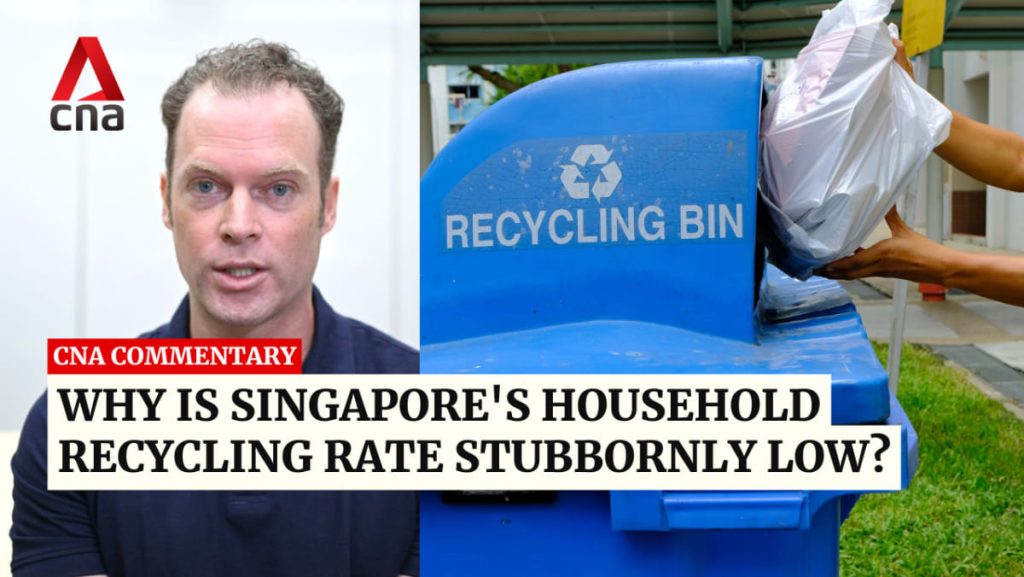Rosenthal points out that one major factor contributing to Singapore’s low recycling rate is the lack of understanding and awareness among its citizens. He argues that many people do not realize the importance of recycling and the impact it has on the environment. Additionally, there is confusion about what can and cannot be recycled, further complicating the process. To combat this, Rosenthal suggests that the government and other organizations need to focus on education and communication efforts to increase public knowledge and participation in recycling initiatives.
Another significant challenge in improving Singapore’s recycling rate is the lack of infrastructure and resources dedicated to recycling. Rosenthal notes that Singapore currently relies heavily on incineration as its primary waste management solution, resulting in a limited focus on recycling efforts. He emphasizes the need for greater investment in recycling facilities and programs to make it easier and more accessible for citizens to recycle their waste. By building more recycling centers and implementing convenient collection systems, Singapore can improve its recycling infrastructure and incentivize more people to participate in recycling.
In addition to education and infrastructure, Rosenthal believes that financial incentives could also play a crucial role in boosting Singapore’s household recycling rate. He suggests implementing a reward system or tax breaks for individuals or households that actively participate in recycling programs. By providing tangible benefits for recycling, the government can encourage more people to engage in sustainable practices and contribute to the country’s recycling efforts. This approach has been successful in other countries and could be a viable option for Singapore to consider in its efforts to increase recycling rates.
Furthermore, Rosenthal highlights the importance of community engagement in driving sustainable behavior change. He emphasizes the need for collaboration between the government, businesses, and local communities to create a cohesive and coordinated approach to recycling. By involving residents in decision-making processes and promoting grassroots initiatives, Singapore can foster a sense of collective responsibility for environmental conservation. Encouraging community participation in recycling programs and initiatives can help create a culture of sustainability and ultimately contribute to higher recycling rates in the country.
Rosenthal also stresses the significance of innovation and technology in revolutionizing Singapore’s recycling landscape. He suggests exploring new recycling technologies and solutions to improve the efficiency and effectiveness of recycling processes. By investing in research and development, Singapore can discover innovative ways to increase recycling rates and reduce waste generation. Embracing technological advancements such as smart waste management systems and automated sorting processes can streamline recycling operations and make it easier for people to participate in recycling efforts.
Overall, Rosenthal’s insights shed light on the various challenges and opportunities facing Singapore in its quest to enhance its household recycling rate. By addressing issues related to awareness, infrastructure, incentives, community engagement, and innovation, Singapore can lay the foundation for a more sustainable and environmentally conscious society. With a concerted effort from all stakeholders and a commitment to implementing holistic solutions, Singapore can work towards achieving its recycling targets and creating a greener future for generations to come.


